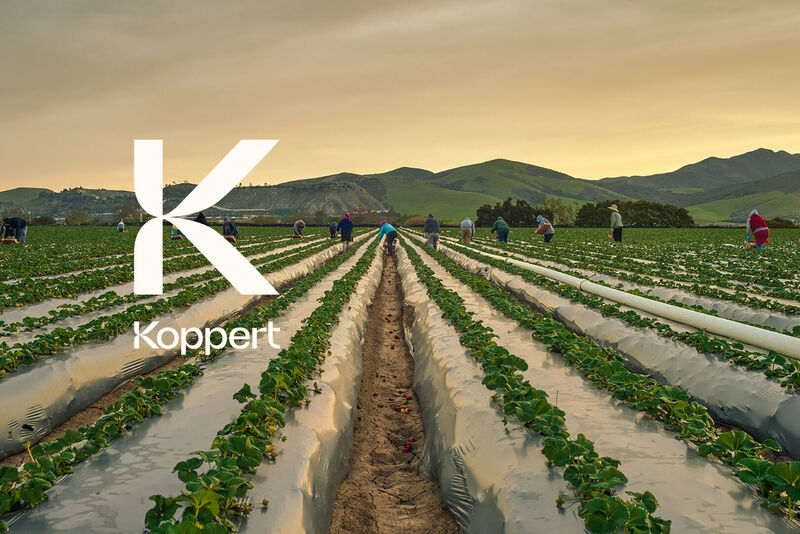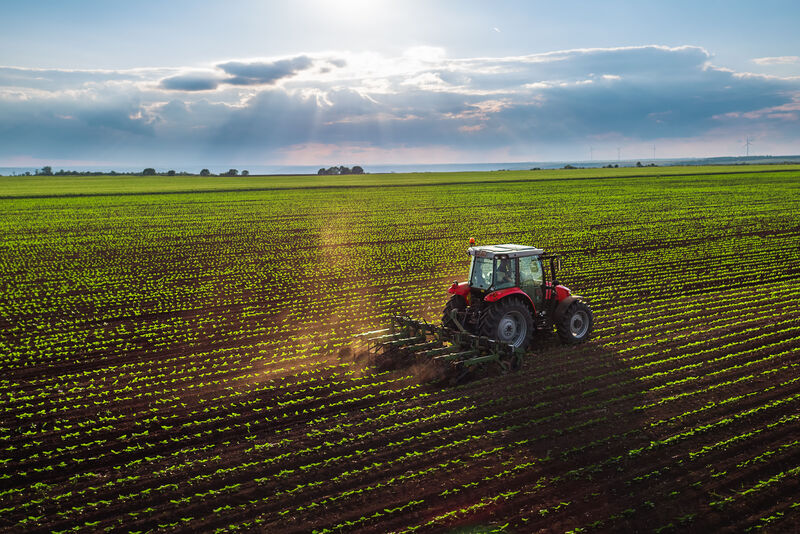
Driven by the Demise of Agrochemicals
Over recent years there have been new industry drivers which have led to growers and farmers wanting to explore the use of Integrated Pest Management (IPM) strategies to control insect pests in open field cropping systems. One of the main drivers has been the continued demise of approved agrochemicals, in particular insecticides in Europe. In addition, the development of insect resistance has also become a serious issue in pests such as aphids, thrips and Lepidoptera species. Further drivers include the development of more robust environmental stewardship schemes, as well as the requirements of food retailers to limit the number of pesticide residues on fresh produce crops. There has also been a push by some retailers, NGO’s, and legislators to enhance biodiversity and landscapes on farms.
Further Diversification of IPM
In the future there will be a proliferation of smaller agribusiness companies as the multinationals reduce product ranges of chemical pesticides to meet only major markets and concentrate on biotechnology. The smaller niche markets will be exploited by more specialised companies meeting local and regionally based markets. In addition, there will be integration of biologically based products. There will also be increased financial pressure to manage public sector research and develop more cost-effective systems, leading to greater collaboration and accountability.
Decision makers will be pressured to understand and account for the scientific process as well as its outputs. More emphasis will thus be placed on generating income from research outputs (materials, devices, and ‘know-how’) which will inevitably mean greater effort directed towards pest management products rather than techniques. Reinvestment of income derived from the sale of pest management products into the institutes and universities that generated them will allow public finances to fund ‘public good’ research, such as pest management techniques. Developments in remote sensing and artificial intelligence technologies will need to be become more available to assist farmers in managing insect pests as well as helping framers target insects on a local scale.

Public and Private Sector Collaboration
With regards to the environment, this will increasingly be seen as a social issue. Information sources will expand and diversify, improving understanding and education of the general public which could balance the likelihood of the need for a more stringent regulatory environment. Frameworks to promote international public/private sector collaboration including improved collaborations with organic farming communities will need to be established to better coordinate and identify the most effective means of promoting sustainable agriculture for major crop commodities on a global scale. Farming communities will also need to speed up the adoption of IPM strategies through the implementation of robust, environmentally driven education and extension programmes.